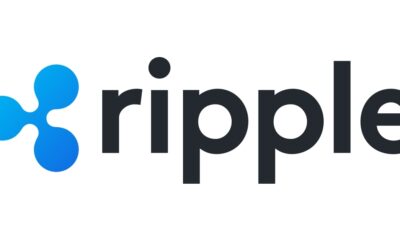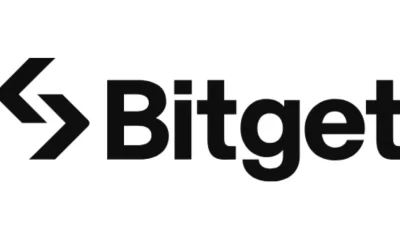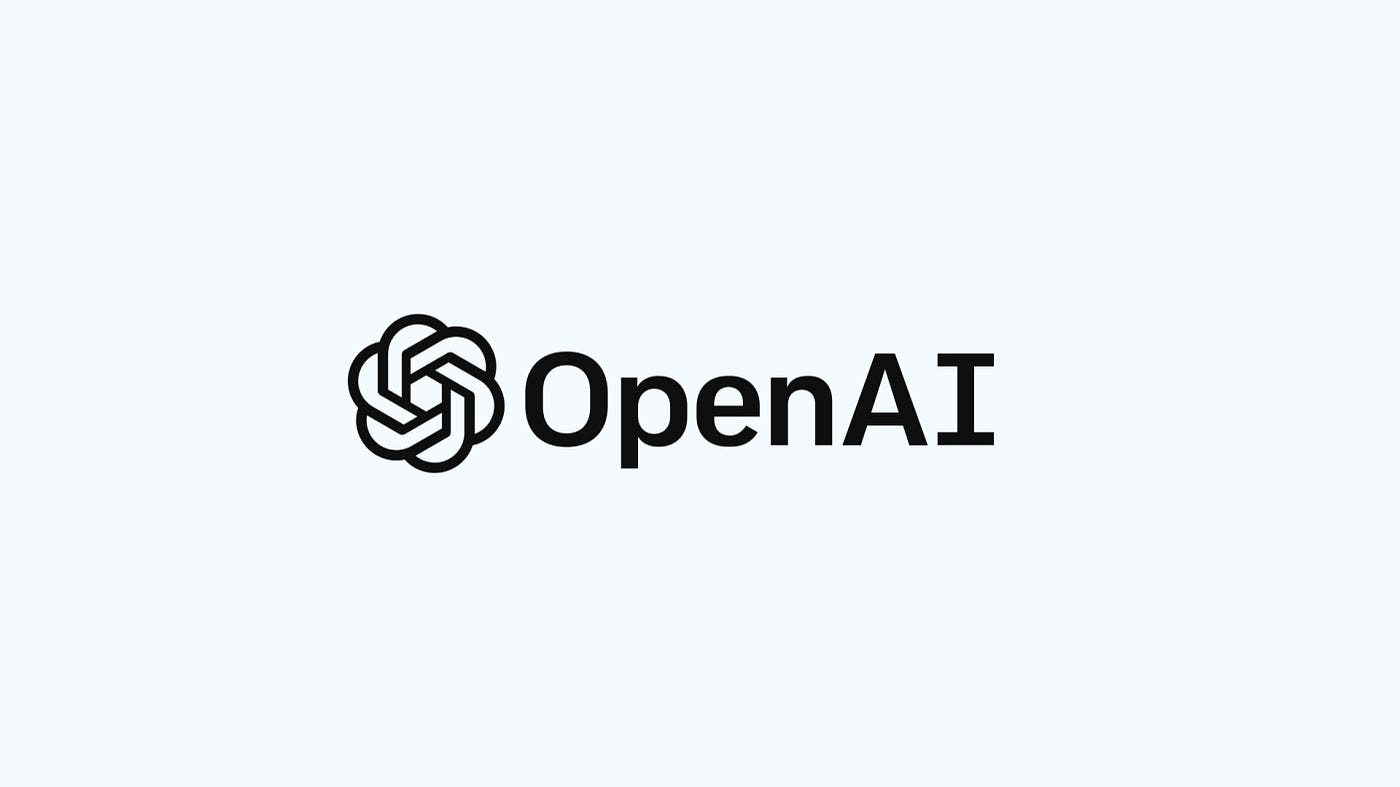Business
Tether will not freeze Tornado Cash addresses
U.S. dollar stablecoin issuer Tether had stated that it would not freeze smart contract addresses sanctioned by the U.S. Office of Foreign Assets Control’s Specially Designated Nationals and Blocked Persons list for cryptocurrency trail-mixer Tornado Cash.
-

 Business5 days ago
Business5 days agoOnly 11% of El Salvador’s registered Bitcoin firms operational
-

 Business3 days ago
Business3 days agoBinance helps countries with Bitcoin reserves, crypto policies, says CEO
-

 Business5 days ago
Business5 days agoBrazil’s Meliuz floats to boost Bitcoin buying strategy
-

 Business5 days ago
Business5 days agoHacker mints $5M in ZK tokens after compromising ZKsync admin account
-

 Business5 days ago
Business5 days agoPump.Fun’s PumpSwap DEX processed $2.5B of trades last week, up 40%
-

 Business5 days ago
Business5 days agoUK lawmaker’s X account hacked to boost scam ‘House of Commons Coin’
-

 Business5 days ago
Business5 days agoBinance, KuCoin, MEXC report service issues due to AWS network interruption
-

 Business3 days ago
Business3 days agoRipple acquisition Hidden Road secures FINRA registration

























